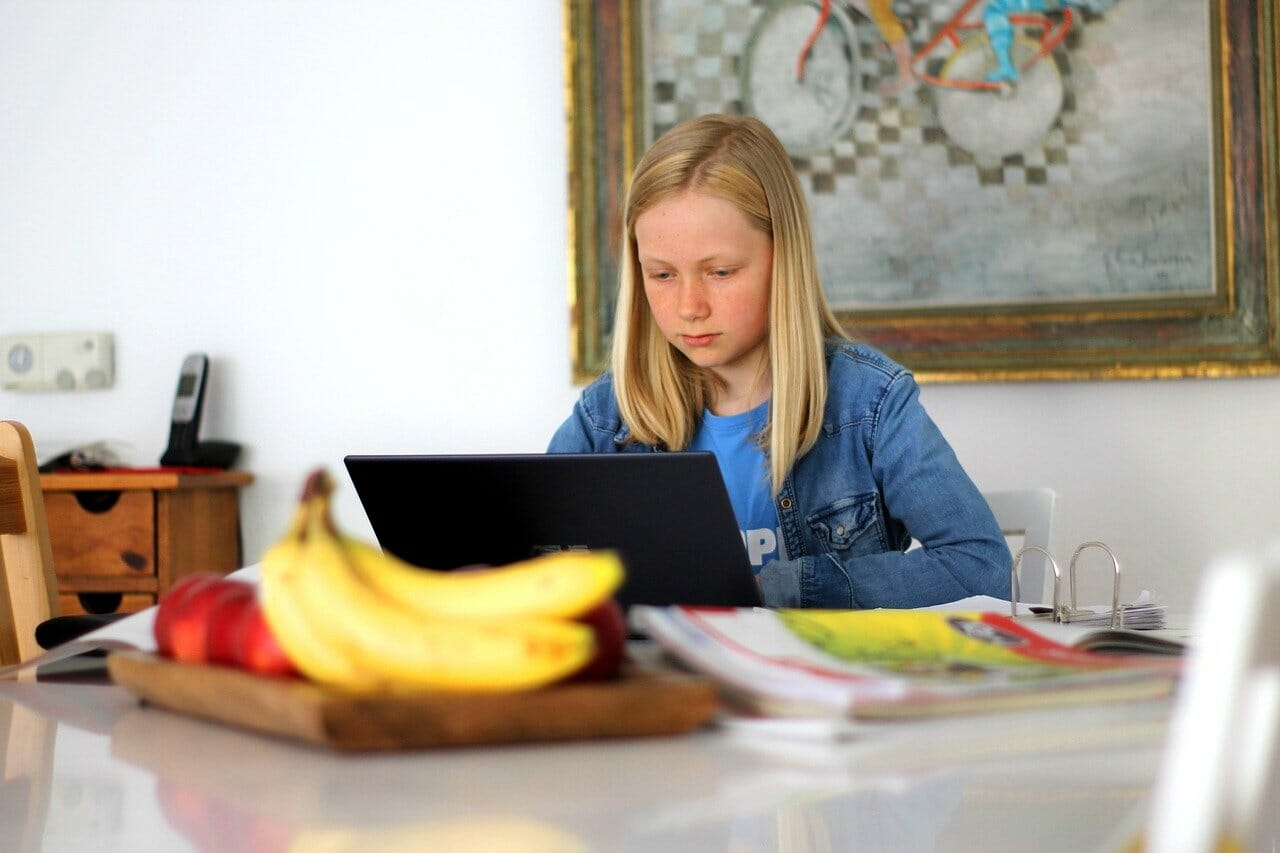Micro schools are gaining popularity in the Phoenix area as families search for flexibility and teachers express overwhelming stress due to conditions brought on by the pandemic and the never-ending coronavirus variants. While some parents prefer remote learning in the current COVID-19 climate, others are seeking schooling options elsewhere. Micro schools offer a solution with hands-on learning, quality education and flexibility for families.
Adamo Education is the next evolution of learning and serves children in grades K-8 at its micro school in Fountain Hills with plans to expand later this year. Adamo Education combines the best elements from traditional, online, and home school education models to create a positive, personalized environment where children love to learn.
READ ALSO: Ducey announces additional steps to keep students in the classroom
Micro schools are becoming more appealing to area teachers as well. A recent survey by Maricopa County School Superintendent Steve Watson found that teachers in school districts across the county are stressed, burned out, and increasingly dissatisfied with their jobs. To get a bigger picture of this issue, Watson sent a questionnaire to over 30,000 Maricopa County teachers asking about their stress levels and the results were alarming. 96% of respondents reported experiencing stress while teaching and many said leadership contributed to their stress by “handing down” more and more work.
Thousands of families and classroom teachers are looking for additional support and micro schools are the solution. If you’re not familiar with the micro school model, below is a list of common questions and answers to help you better understand this next level of learning.

What is a micro school?
As their name suggests, micro schools serve small groups of students in a highly personalized learning environment. Encompassing typically no more than 10 to 15 students, the smaller learning environment yields closer teacher-student relationships and helps to promote higher levels of academic success. The role of the teacher is significantly different in a micro school environment, they focus on student-led learning and develop lessons and projects that help ignite a student’s passion for learning. Most micro school programs provide flexibility in how the program is delivered. Some students may come 3 full days a week while others may come 3 to 4 hours per day. Utilizing a digital platform, learning continues even when the student is not with the teacher. Social development is enhanced as students learn collaboratively with peers outside of their typical aged peers. Promoting greater social interactions and learning opportunities. There’s a heavy emphasis on project-based, collaborative learning and education is highly personalized.
Do micro schools have the potential to revive the one-room schoolhouse?
Micro schools have the potential to not only revive the one-room schoolhouse of yore, but they provide educational disruption to a system and approach that has not evolved. Some micro school programs are private, but the majority that have evolved in and through the pandemic offer parents and students a free, highly personalized education.
Why are more families showing interest in micro schools?
Families want something different. They don’t see the academic and social benefits of their child sitting in a classroom with 30 plus students. Parents want their children to be successful and in a safe and nurturing environment. A micro school allows for a stronger home school partnership and one in which the parent is an active partner in their child’s education.
How does Adamo combine the best elements from traditional, digital, and at home learning?
The teacher and the knowledge and training they possess help guide students in their learning and academic and social development. The teacher is key to ensuring ideas and concepts are taught properly and lead to mastery of content. Including a certified teacher helps to ensure the academic integrity of the instructional program, just like in a traditional program; however, in a micro school the teacher helps to create an individual plan for each student without having to worry about 30 students at once. They are purposeful and directed. They work to meet the needs of all students. Utilizing a digital platform, parents can not only see and access what learning takes place, but they help to reinforce it while not face to face with the teacher. Parents are key in knowing what their student is learning and working directly with the child and teacher. The impact of at home learning activities and parental involvement will greatly bolster a student’s academic success.
Are micro schools more effective than regular schools?
Micro schools are not for everyone. Arizona has been on the forefront of educational school choice over the last 21 years. Arizona’s openness lends itself a myriad of school choice options, micro schools being one such option. In the right environments, with the right supports, micro schools can make a significant impact on the educational landscape both here in Arizona and across the country.
Has the pandemic played a role in their popularity?
Micro schools were around and started before the pandemic, but the pandemic catapulted them. Students struggled with the isolation, fully online programming, lack of socialization, and inability to fully comprehend learning during the pandemic. Yet, parents were also concerned about their child’s health and safety. Micro schools, or pandemic pods began to sprout up quickly. The smaller learning environment, with less students, meant a safer learning environment. The ability to be face to face with a teacher and peers helped to alleviate negative social regression and increased the student’s ability to learn. In, through, and after the pandemic, micro schools offer a safe, nurturing, personalized learning environment for students.
Who should consider a micro school education?
Anyone! If you want something different for your student, if you want to be engaged and involved, then a micro school could be a good option for you. Educators who are interested in teaching at Adamo Education and parents who would like more information or to enroll their child can visit www.adamoeducation.org or call 480-209-2429.
Tamara Becker is an educator with 25 years of experience in traditional, charter, online and hybrid school models and the founder of Adamo Education. Adamo Education is the next evolution of learning, combining the best elements from traditional, online and home school education models to create a positive, personalized environment where children love to learn. With proven curriculum and instruction led by certified educators, Adamo Education connects children to the world around them with in-person multi-age classrooms across the Valley. To learn more, visit adamoeducation.org.




